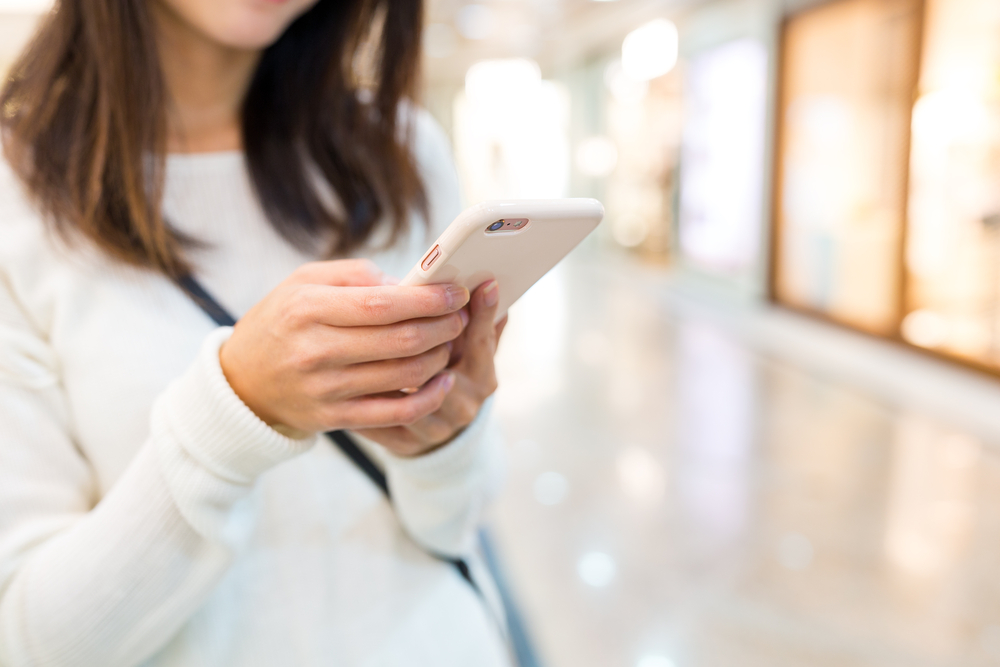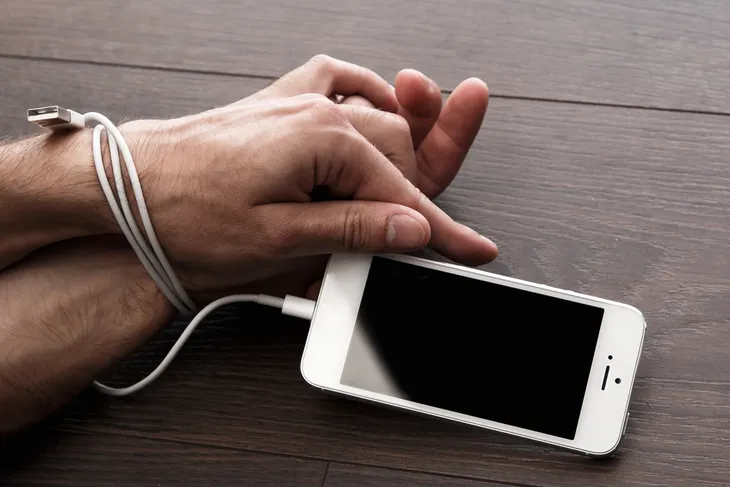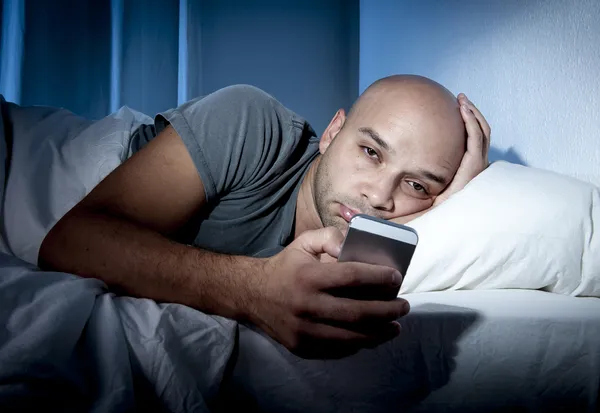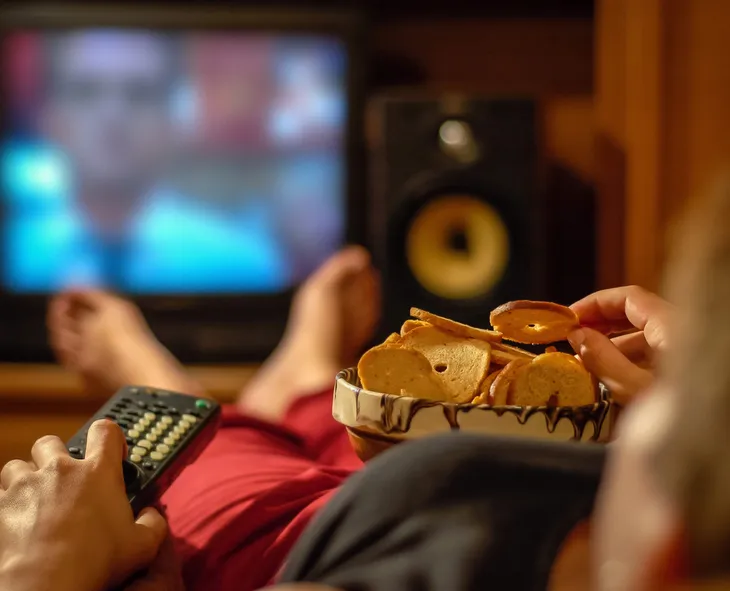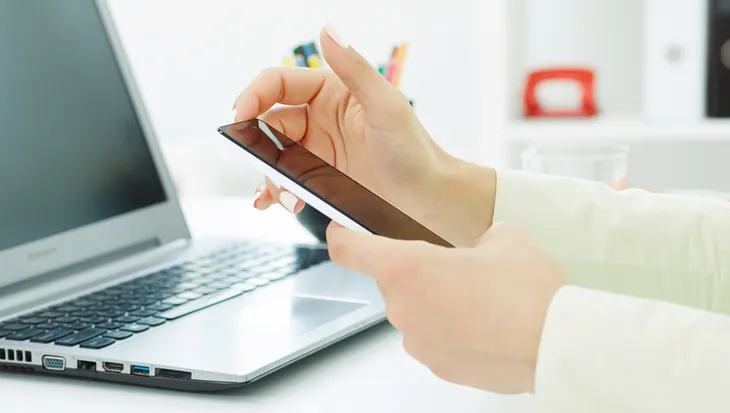Take a second to think about how much different your life would be if you had never heard of social media platforms like Twitter, LinkedIn and Facebook. Now, imagine a life without a smartphone that can tell you everything from your location in the world to the latest stock updates to the latest information about every major and minor celebrity.
There’s no denying it would be something altogether different from what we’ve become accustomed to in this here highly digital world we live in. It’s a world where unplugging can be almost impossible, as so many of our family members, friends and colleagues have switched to highly digital channels for communicating with each other. But what if we made a legitimate commitment to breaking from this world of digital? What, exactly, might be the outcome of a determined digital detox?
1. Snap the Addiction
It’s remarkably easy to become addicted to a smartphone. The name alone is enticing and not at all misleading: smartphones allow us to do so much more than talk to people; we can use them to access a world of ideas via the world wide web. We can also listen to music, find parking, check the weather, plot a course to our next destination, shop for a car, guitar, kitchen utensils. Today, there’s an almost endless list of things you can do with a device that can fit in the average front pocket of a pair of jeans. No wonder a growing number of smartphone users claim they can’t go without their phones for more than a few hours at a time.
The advantages of putting the phone aside for a while each day are numerous. At first, the move will be difficult for someone accustomed to having a wealth of information at their fingertips. But the feeling will subside, along with some feelings of anxiety and even, possibly, depression. You may even find yourself starting to relax more, hear and see things you might have otherwise missed, and will likely have a much easier time slipping away into sleep at the end of the day.
2. Help Overcome Anxiety
For many people, a smartphone is a soother for their anxiety. They can push away thoughts gnawing at their conscious and subconscious by flittering through Facebook, Reddit, big news sites, sports blogs, and the many other corners of the web.
But, like a soother, a smartphone can just delay the inevitable. Many of the tools we use on a smartphone, like email, instant messaging, and social media, can intensify our anxiety levels by providing a drip-drip-drip of dopamine as messages come in. That makes taking the smartphone away increasingly difficult as time goes on and may, in fact, end up worsening our anxiety. Before the problem becomes a full-on addiction, turn the smartphone off for a while and start an effective digital detox.
3. Deter From Depression
Ever found that, despite waking up in a generally good mood and ready to take on the day, you feel miserable shortly after turning on your phone and reading emails, instant messages, and the news? We’ve all been let down by what’s been sent to us overnight.
Here’s the thing: you shouldn’t have a wonderful morning ruined by what’s on your smartphone. If you don’t have any significant reason for turning your device on, such as checking work emails on a weekday, then consider leaving the phone off. This should be the go-to process on weekend mornings, when focusing on what really matters — your family and friends — should come to the fore. You might just find that focusing on those closest to you instead of the world’s news helps you feel better about yourself and your life.
4. Build Better Relationships
Recent studies show that many people now admit to spending more time focused on their digital devices, like laptops, tablets, and smartphones, than they do conversing with the people closest to them: their partners. This presents this generation’s couples with a fairly unprecedented kind of challenge — a mental and physical disconnect that often exists when two people are in the very same room with one another.
You can do a lot to improve your relationships with people, both close and far, by focusing less on your smartphone and more on the words shared between you in conversation. Making eye contact, touching your partner — these are all things next to impossible to accomplish with any genuine element to them when you’re focused on a digital device. So, power down your tech and concentrate on building a better relationship with those people who you depend on.
5. Work Better
If you gathered a group of smartphone addicts together and asked them if they think their digital devices play a crucial role in helping them in their jobs, you can guarantee all of them would answer in the affirmative. And there’s no denying that many of today’s workplaces make the smartphone the centerpiece of work life.
But here’s the problem: by using your phone round the clock — meaning it’s on at work and at home — you’ll never really “power down” in any way. And while that may allow you to hit the ground running on a Monday morning, it may eventually leave you too exhausted with work to do anything particularly meaningful as the week goes on. Since you spent you weeknights and weekends using your phone, by mid-week you’ve tired yourself out, leaving you in a place where you may very well become frustrated with work and less productive than you could be.
6. Annoy Fewer People
Ever been in a movie theater watching a film you’re really excited about, only to have the experience ruined by someone chatting on their phone? In truth, even having someone scrolling through pictures of their phone can be highly distracting, as the bright light of the screen radiates throughout a darkened room. And when you’ve paid money to be in that room, it can be really annoying.
This is just one of many examples of smartphone use irritating people. Loud conversations in public places, texting during someone’s presentation — there are many other examples. Problem is, the more people come to depend on this kind of technology, the more they forget how rude this kind of behavior can be perceived. So, be aware of your smartphone use, how it affects others, and think about setting your device aside a little more.
7. Next Generation Thinking
Parents, ask yourself this: would you want your children to be hopelessly addicted to their mobile devices? Or would you prefer that they think less about what’s online and more about their physical and mental health and their place in the world around them?
Keep in mind that kids tend to imitate the behavior of the adults around them. That means they’ll do what you do, and if you spend hours on your phone each day, you can expect your kids will want their own device to use round the clock. That might have some serious consequences for them, including reduced physical activity, obsession with social media, and fractured personal relationships.
8. Save Cash
Using your smartphone or other mobile device excessively can be expensive for a few reasons. For one, if you have a set amount of data, it can be easy to exceed your limit and rack up very high bills. And this is a lot easier to do than you may think — just watch a few videos on YouTube or stream some music and you could be in trouble. On top of that, if you have young people using your devices, they may not realize how much data can be used in a short amount of time.
But that’s just one way smartphone use affects your finances. Being addicted to a smartphone may also increase the chances of overspending on unnecessary goods, as it’s remarkably easy to make purchases using online retailers like Amazon. Today, virtually every major retailer offers e-commerce platforms that make big purchases possible with just a few clicks. And that’s dangerous for anyone who may not have a will of steel when it comes to maintaining their finances.
9. Sleep Better
You’ve probably heard that humans typically spend about one-third of their lives in bed. And when you think that the average adult requires about seven to eight hours of sleep each night, that starts to make a lot of sense. Additionally, these days we tend to spend more time in bed doing things like reading, watching television and, of course, using mobile devices like laptops, tablets, and smartphones.
And that’s a problem from a sleep perspective. Why? Because the blue light emitted from our screens can confuse the brain, making it think that it’s still light outside. That can physically make it difficult for the mind to shut down, allowing us to transition into sleep. This not only affects attempts to get to sleep, but also any hope of getting back to sleep after waking up in the middle of the night. So, power down your phone a couple hours before bedtime and you’ll have a better chance of powering down your mind and body.
10. Impress Older Adults
Millennials don’t exactly have the best reputation when compared to people from Generation X and Y and the Baby Boomers. While that’s hardly fair, one big reason for that lack of popularity is this generation’s addiction to mobile devices like tablet computers and smartphones. To older adults, this appears as a weakness; a behavior that makes it difficult for young people to interact with the people in their physical vicinity.
If you’re a Millennial, you can help overcome this stereotype by setting the smartphone and tablet aside, particularly in situations where it’s considered particularly rude, such as at the dinner table, in a fine dining restaurant, or in a movie theater. Keep in mind that so many of the people around you don’t see smartphones as an extension of their mind and body.
11. Eat Better
There has been ample research into the link between over-eating and watching television. Put simply, when you’re focused on something other than the food in front of you, it can be easy to forget how much you’ve consumed. And that’s a considerable problem in North America, where waistlines continue expanding and the number of people with serious obesity-related health issues, like type 2 diabetes, keeps rising.
A smartphone or tablet computer isn’t dramatically different from a television in this regard. It’s overwhelmingly distracting and can make it easy to lose track of calories and fat consumed. It may even make it easier to completely lose control of the types of food you’re eating, making effective dieting more difficult. So, consider setting your mobile devices aside in order to eat better and lead a healthier lifestyle.
12. Concentrate Better
The modern smartphone is the ultimate tool in distraction technology. Loaded with all kinds of applications, games, and messaging services, it can be hard to focus on anything with one of today’s advanced mobile devices hanging around. And that can be a big problem for anyone who struggles even a little bit with focusing on what’s at hand, whether that’s a school assignment, work for your job, or even just minding the kids.
To help you focus on the more important tasks in your life, consider putting the phone away. And that means powering it down and putting it somewhere well out of reach, thereby allowing you to concentrate on what matters most, whatever that may be.
